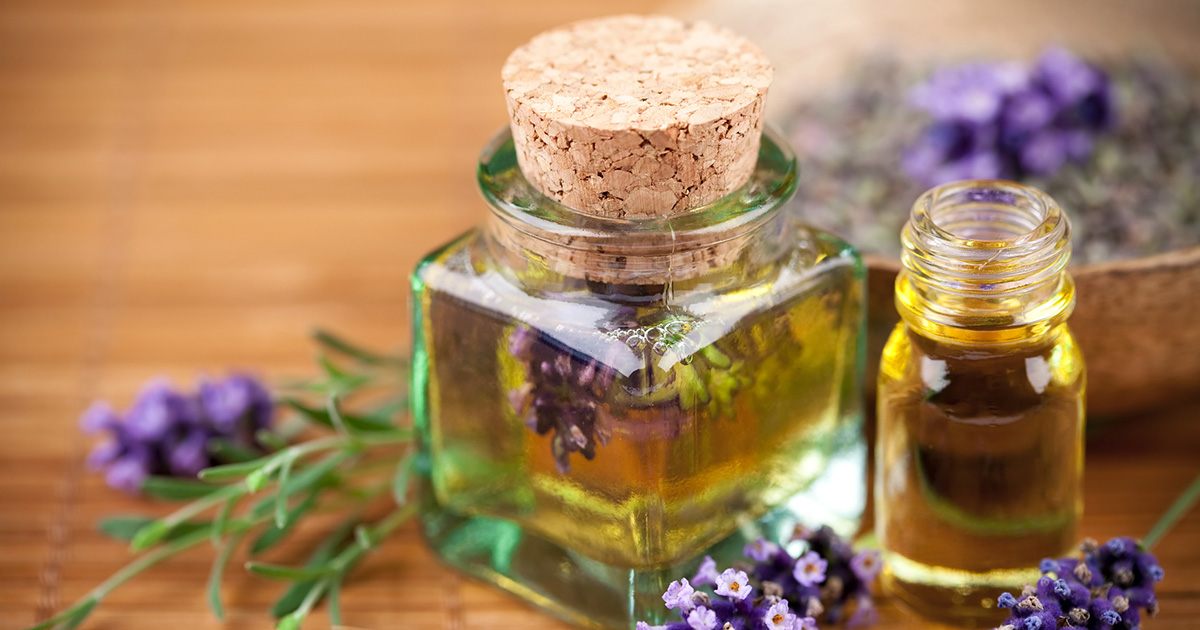Essential Oils For Allergies
Lemon Or Lemongrass Oil

Lemongrass oil is a multi-purpose essential oil, and its properties are very beneficial in the treatment of allergies. It's useful in the treatment of perennial and seasonal allergic rhinitis and helps thin mucus to relieve congestion. Lemon oil treats respiratory conditions by supporting drainage of the lymphatic system. Research has shown the oil's ability to boost the immune system by stimulating white blood cell production, flushing out toxins, and inhibiting the growth of bacteria. This decreases the occurrence of allergic reactions because of the reduced episodes of inflammation or an overactive immune system.
This essential oil can be used for skin allergies, but topical application is not recommended before exposure to the sun, as it renders the skin extra sensitive to light, increasing the individual's risk of skin discoloration, burning, or blistering. Lemon and lemongrass oil are two of the essential oils used in aromatherapy to lift mood and energy levels. They are also effective as cleaning agents to kill bacteria and allergens in the home. Individuals can also add lemon oil to water for spritzing couches, curtains, and carpeting.
Lavender Oil

Lavender oil is a popular choice for its many benefits, and it's particularly useful as a treatment for skin allergies. It's gentle on the skin, quells irritation, and hastens healing. The oil can be used topically to treat skin conditions or added to skincare products. Individuals can also dd some to their bath to soothe irritated skin. Additionally, lavender oil can benefit patients with allergies because it prevents allergic inflammation and has a calming effect.
According to research, the reduction of inflammation prevents the enlargement of mucous cells. It's a very soothing oil, so it can help ease symptoms by supporting sleep and hindering anxiety. Sleep is often disturbed by allergy symptoms. Lavender oil also has a wonderful smell and can be used in a diffuser for aromatherapy.
